Solar panels are the building blocks of any photovoltaic system, with or without energy storage. Depending on the design, you can use solar panels on the roof, your balcony, and even when travelling or camping. But no matter how or why you use them, all solar panels have one thing in common: they generate valuable electricity from sunlight!

Solar panels are the building blocks of any photovoltaic system, with or without energy storage. Depending on the design, you can use solar panels on the roof, your balcony, and even when travelling or camping. But no matter how or why you use them, all solar panels have one thing in common: they generate valuable electricity from sunlight!
What are solar panels?
With solar panels, you convert sunlight into electrical energy using the photovoltaic effect. They consist of solar cells made of semiconductor materials like silicon. Photovoltaic systems combine multiple panels to generate more electricity.
Solar panels are engineered to maximise the efficient use of incoming sunlight. They contain multiple solar cells, connected in series or parallel to create the required voltage and current. You can use the electrical energy generated by the solar cells directly, store it in batteries, or feed it into the grid. This process requires a powerful inverter to convert the direct current (DC) into alternating current (AC).
Why should you consider installing solar panels?
Solar panels have a long lifespan and require minimal maintenance. Most solar module companies offer warranties of 20 to 25 years on their products. This makes solar modules a long-term investment that yields returns over time. But that’s not the only thing they have going for them:
- Environment: Solar modules generate clean power from sunlight, a renewable energy source. Unlike fossil fuels, they emit no harmful substances like carbon dioxide, nitrogen oxides, or sulphur dioxide, which cause air pollution and climate change. Using solar energy reduces reliance on fossil fuels and lowers greenhouse gas emissions.
- Costs: By installing solar panels, you reduce your consumption of grid electricity. You use the self-generated solar power to meet your own needs, leading to lower electricity bills. You can feed excess solar power into the public grid and receive compensation for it. Although the initial investment for installing solar panels is high, you save significantly in the long run.
- Independence: Installing solar panels in a photovoltaic system or on your balcony allows you to generate your own energy, decreasing reliance on utility companies. This is particularly beneficial in areas with unstable power supplies or high electricity costs. Solar panels can also charge a power station, providing you with electricity whenever and wherever you need it.
Where and how do you use solar panels?
There are many uses for solar panels, with the most common being a photovoltaic system. Solar panels can be installed on the roofs of houses, office buildings, factories, and other structures to generate solar energy for personal use or for sale to the power grid. On a larger scale, solar power plants with a high number of solar panels are used for industrial purposes. These plants are installed either on the ground or in designated open spaces.
Solar panels are also excellent flexible power sources. They can be integrated into street lamps to harness solar energy during the day and power them at night. This helps save energy and allows for off-grid lighting. In rural areas without electricity, they power water pumps for use in agriculture, for example. Compact solar panels are also found in portable chargers that use sunlight to charge devices like smartphones, tablets, or cameras. This enables the use of these devices in remote areas when no outlet is available.
What types of solar panels are there?
There are different types of solar panels, which vary in terms of their technology, the structure of the solar cells, and their applications. Here are some of the most common types of solar panels:
- Monocrystalline solar panels – consist of solar cells made from a single crystalline silicon block. They offer high efficiency and performance because the crystalline structure allows for effective light absorption. Monocrystalline solar panels typically have a dark, uniformly black colour.
- Polycrystalline solar panels – consist of solar cells made from multiple silicon crystals. They have a characteristic bluish colour due to the multiple crystal structures. Polycrystalline solar panels are cheaper to produce than monocrystalline ones, but they have slightly lower efficiency.
Which solar panel is the better choice: monocrystalline or polycrystalline?
Monocrystalline and polycrystalline solar panels each have their own advantages and differences. The efficiency gap between them has narrowed in recent years. Compare current performance data to make the best choice for your specific needs. Here are some important aspects to consider when evaluating monocrystalline and polycrystalline panels:
- Efficiency: Monocrystalline solar panels typically have higher efficiency compared to polycrystalline panels. Due to their uniform crystal structure, monocrystalline panels absorb more sunlight and convert it into electricity. This means they generate more power per unit area.
- Space requirement: Because of their higher efficiency, monocrystalline panels need less space to produce the same energy as polycrystalline panels. This benefits those with limited room for a solar setup, as is often the case on rooftops or balconies.
- Cost: Generally, polycrystalline panels are somewhat cheaper to manufacture than monocrystalline panels. If your budget is limited and space is not a critical factor, polycrystalline panels are a more economical option.
- Usage: Polycrystalline solar panels are ideal for charging batteries for nighttime power supply. They also are often the panels used in mobile setups, as they are lighter than monocrystalline panels.
How many solar panels do I need?
Determining the number of needed solar panels involves several factors, such as energy demand, site sunlight exposure, panel efficiency, and available space.
To set up solar panels for daily consumption, calculate your daily energy needs in kilowatt-hours. Your previous electricity bills can provide an initial estimate. It’s best to add a little extra on top to account for additional electrical devices.
You will generally need multiple solar panels to produce the necessary power for your daily needs. The exact number depends on the performance of each panel. This performance is typically a maximum value that gets reduced by factors like shading, panel orientation, tilt angle, and temperature losses. Therefore, it’s advisable to install one more panel than initially calculated.
If you wish to not only meet your own energy requirements but also feed into the grid, it’s profitable to install solar panels over larger areas to earn extra income from the feed-in.
-
Tube collector – Solar thermal – 15 Tubes – 120 – 150 L – 1.2 m² – -45 – 90 °C
-
Evacuated Solar Tube Collector – Solar thermal – 20 Tubes – 160 – 200 L – 1.6 m² – -45 – 90 °C
-
Evacuated Solar Tube Collector – Solar thermal – 24 Tubes – 200 – 240 L – 1.92 m² – -45 – 90 °C
-
Evacuated Solar Tube Collector – Solar thermal – 30 Tubes – 250 – 300 L – 2.4 m² – -45 – 90 °C
FAQ
Can I also heat water with a solar panel?
Typically, water heating uses solar thermal systems with tube collectors. To use solar panels for hot water, you need a heat pump that converts the electrical energy into heat. This makes sense if you don’t want to install both systems on your roof.
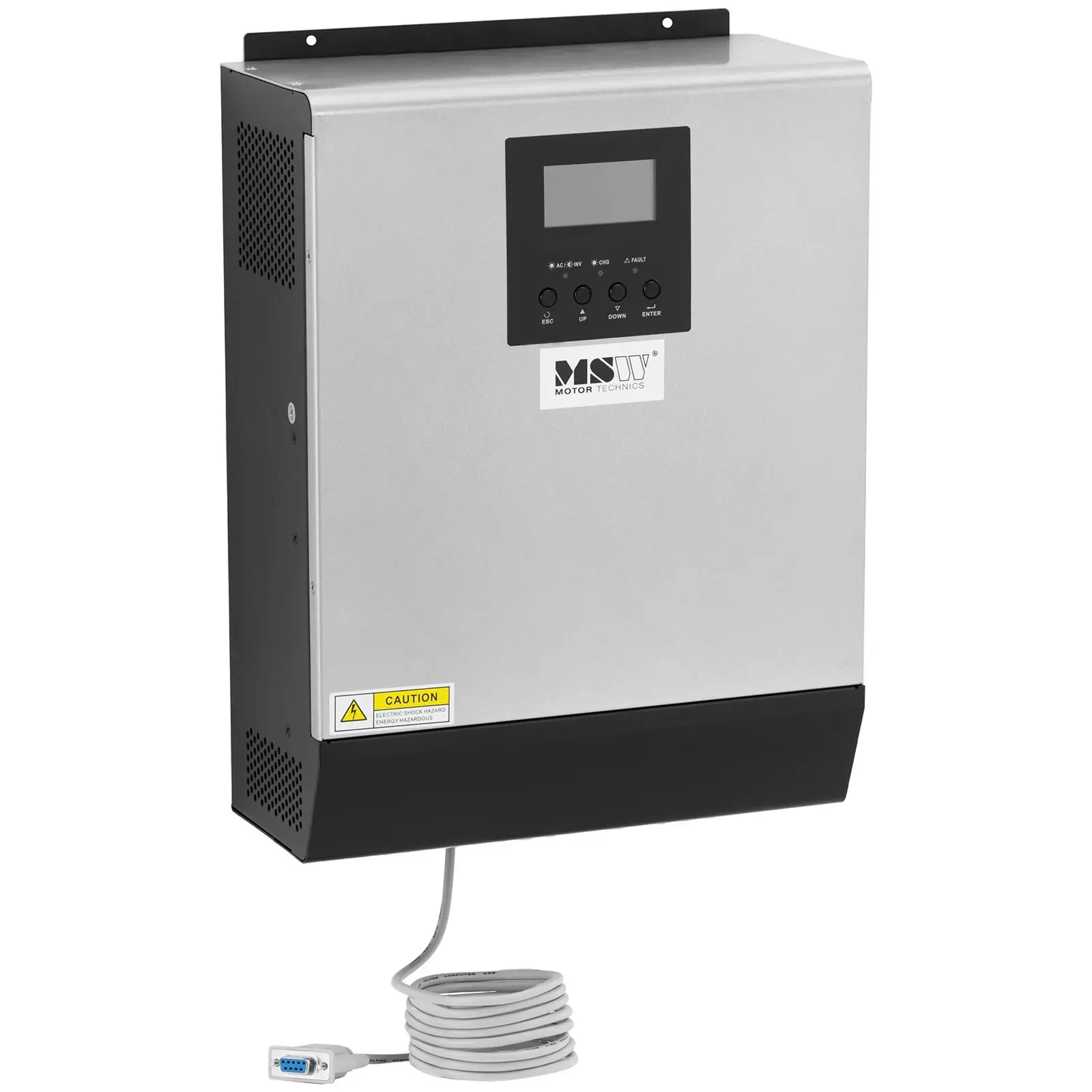
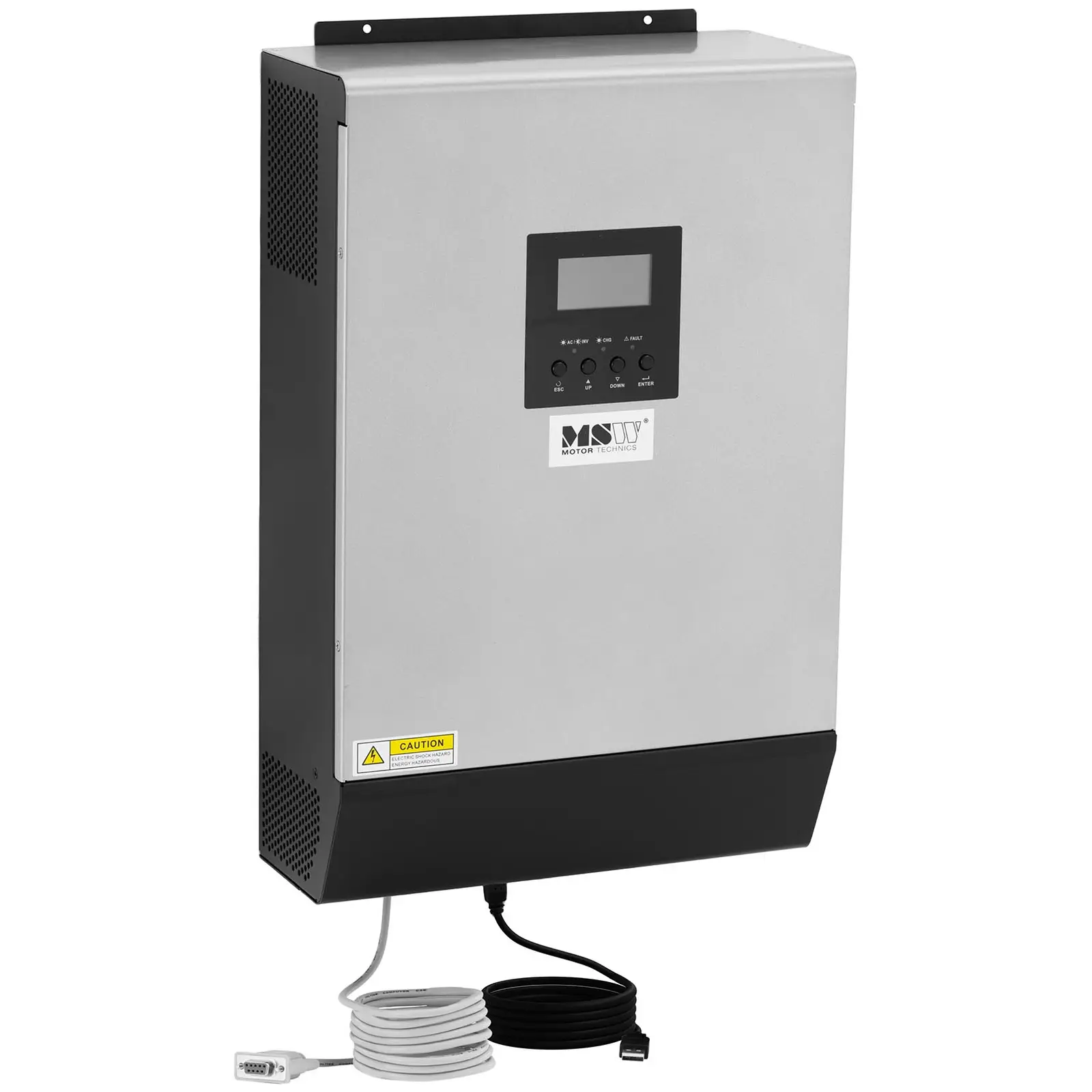
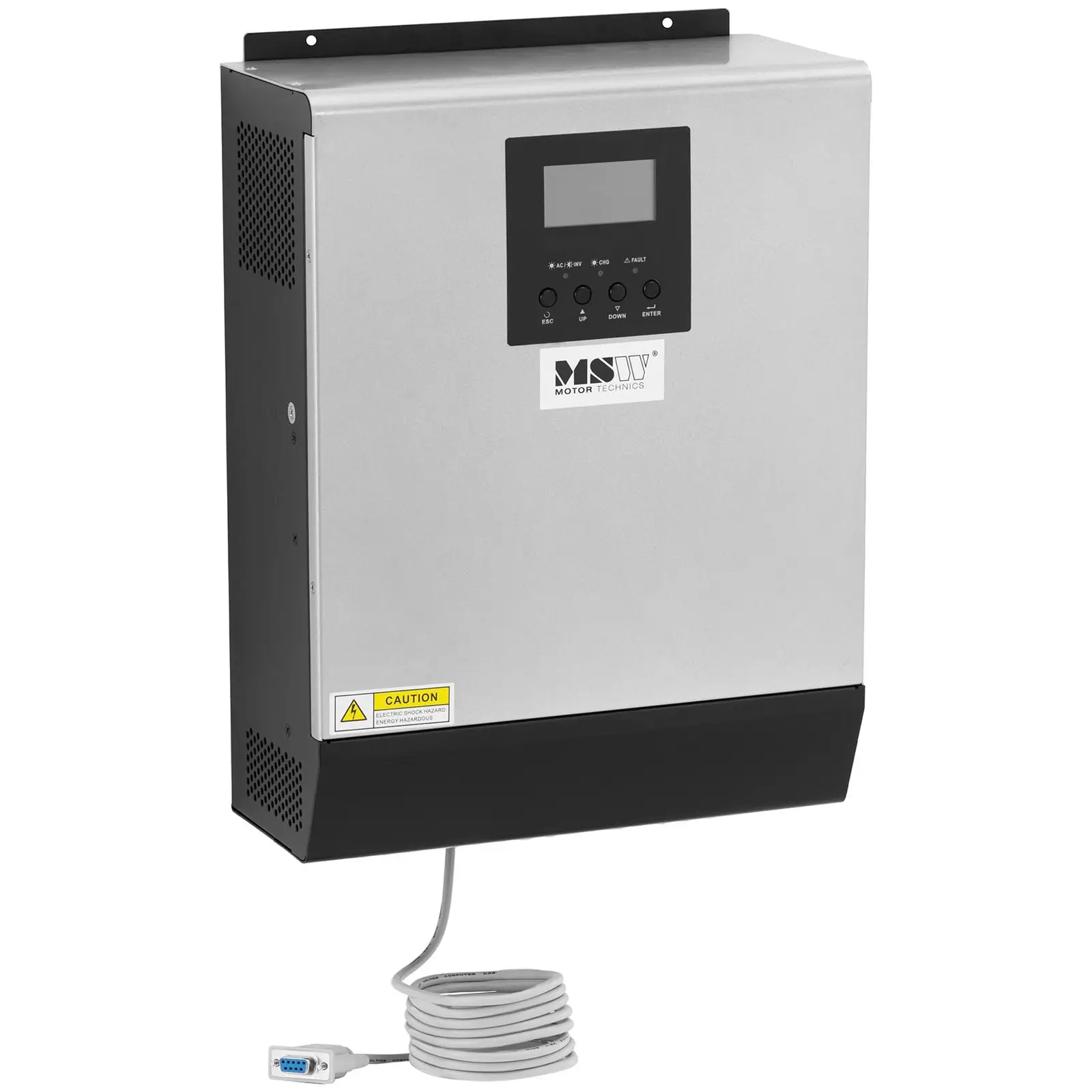
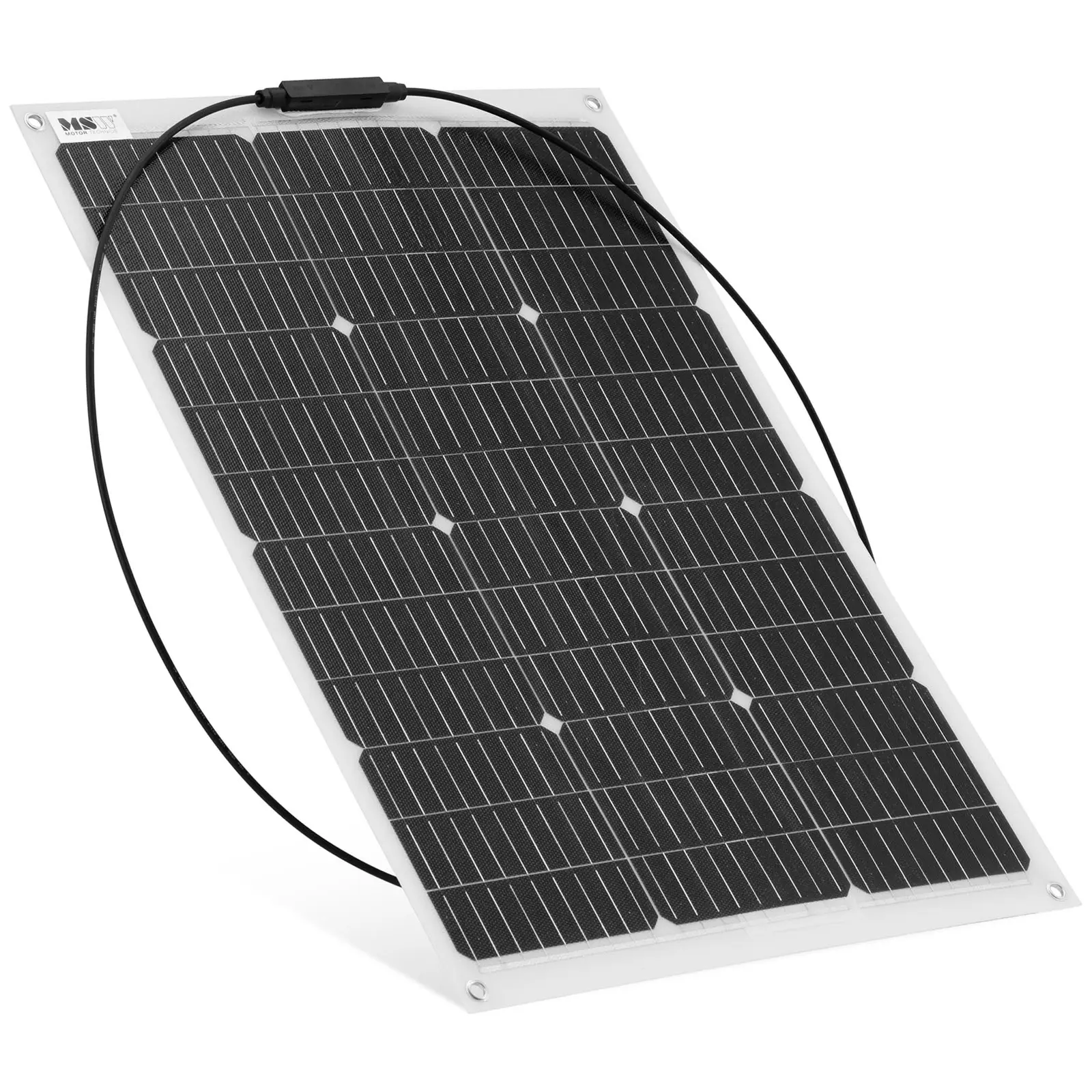
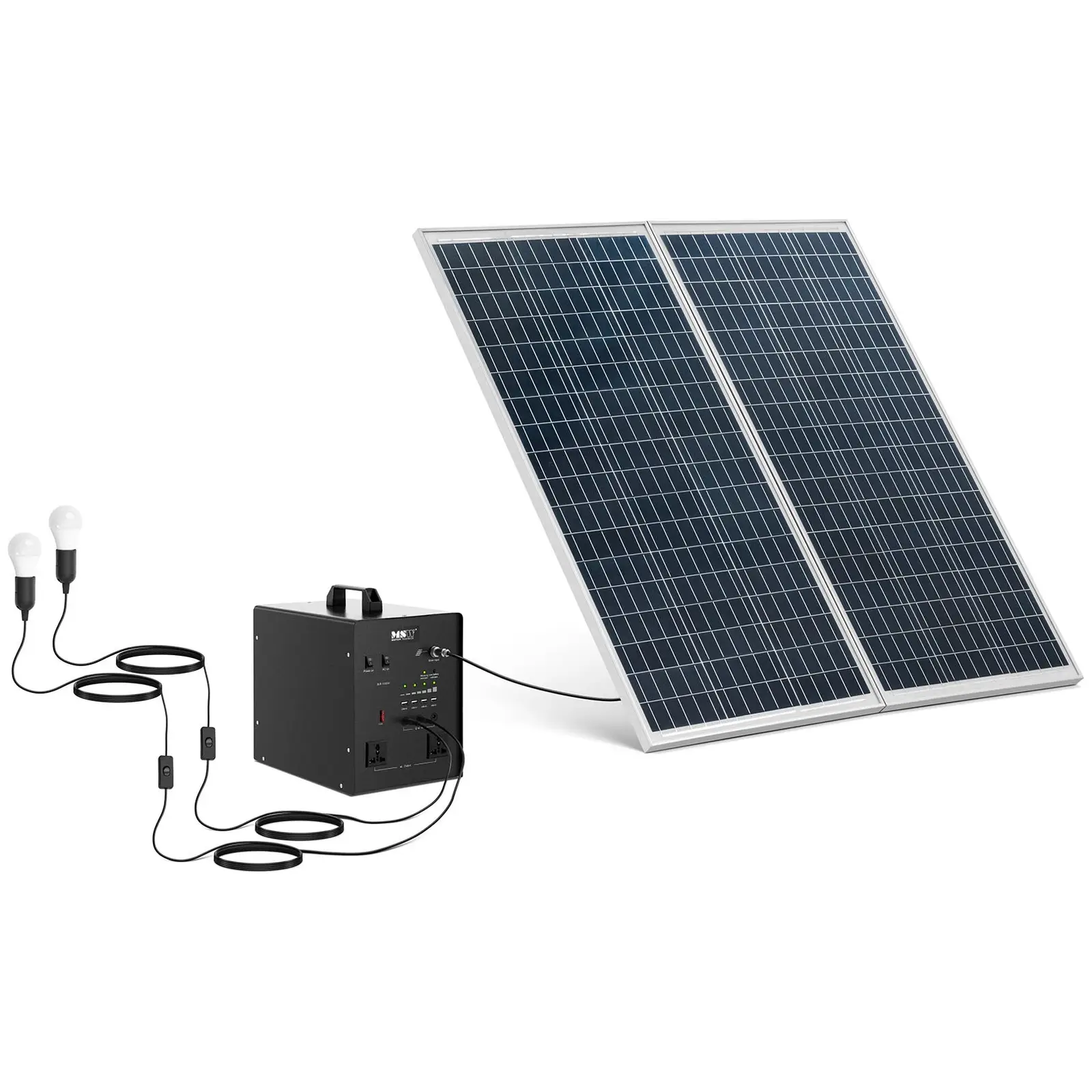
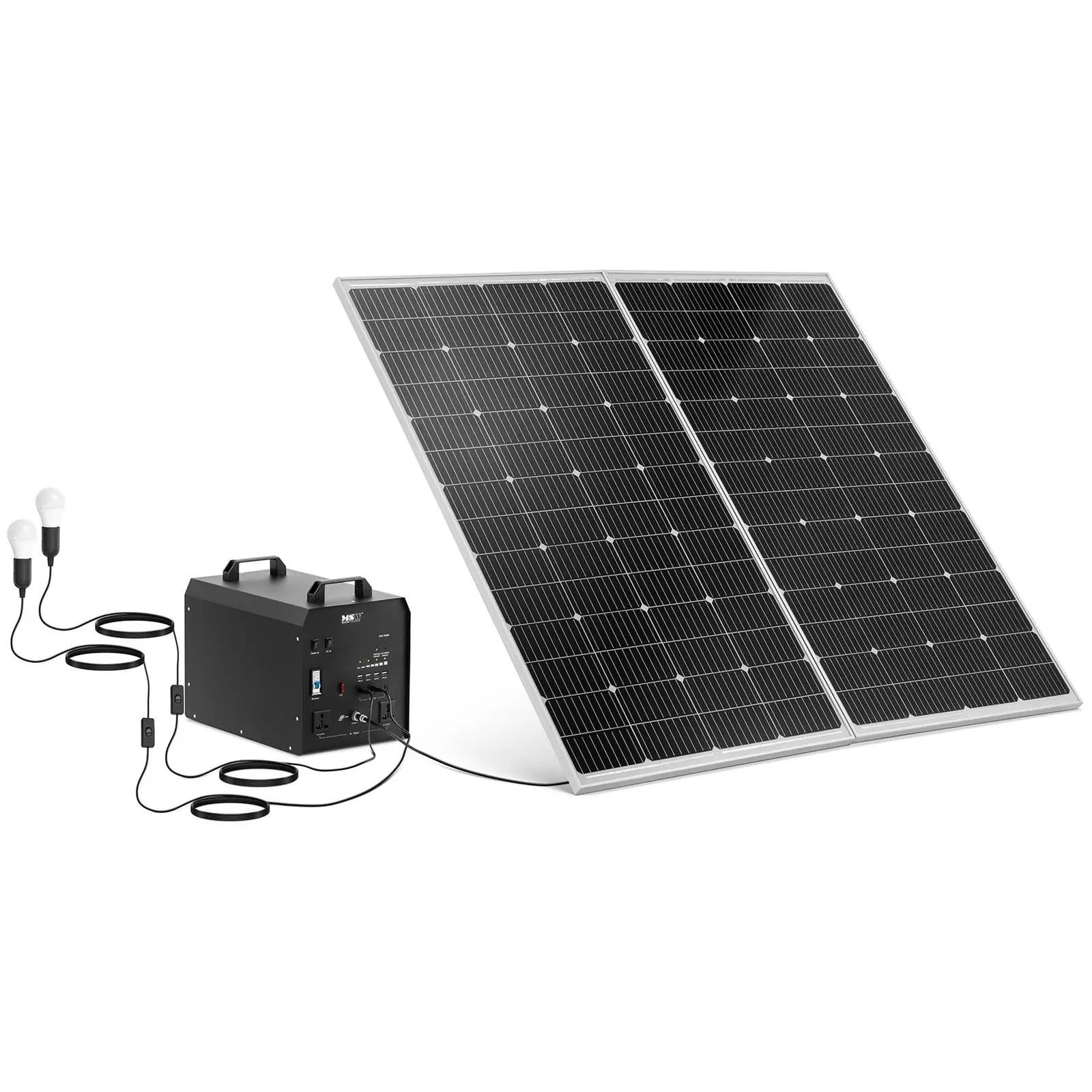
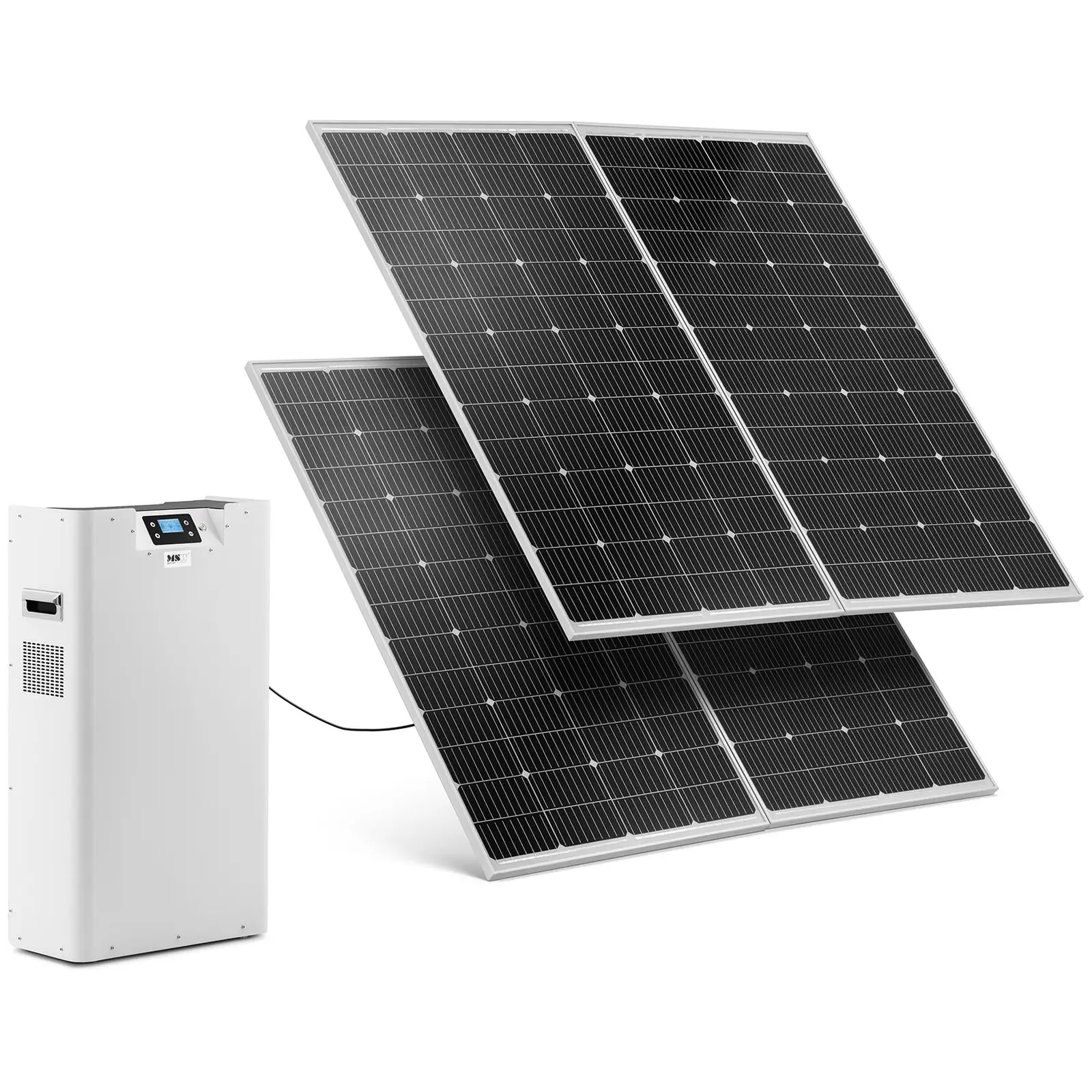
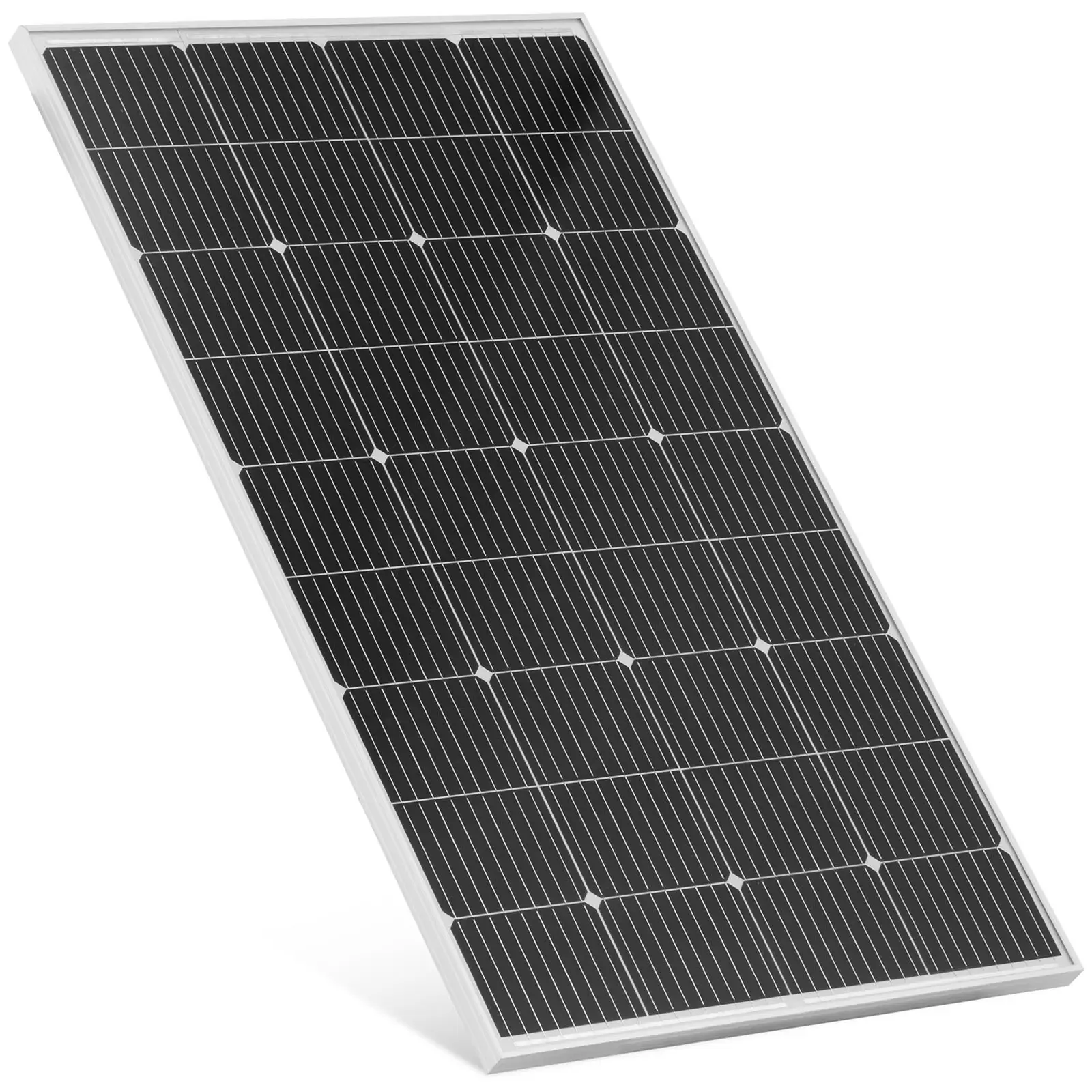
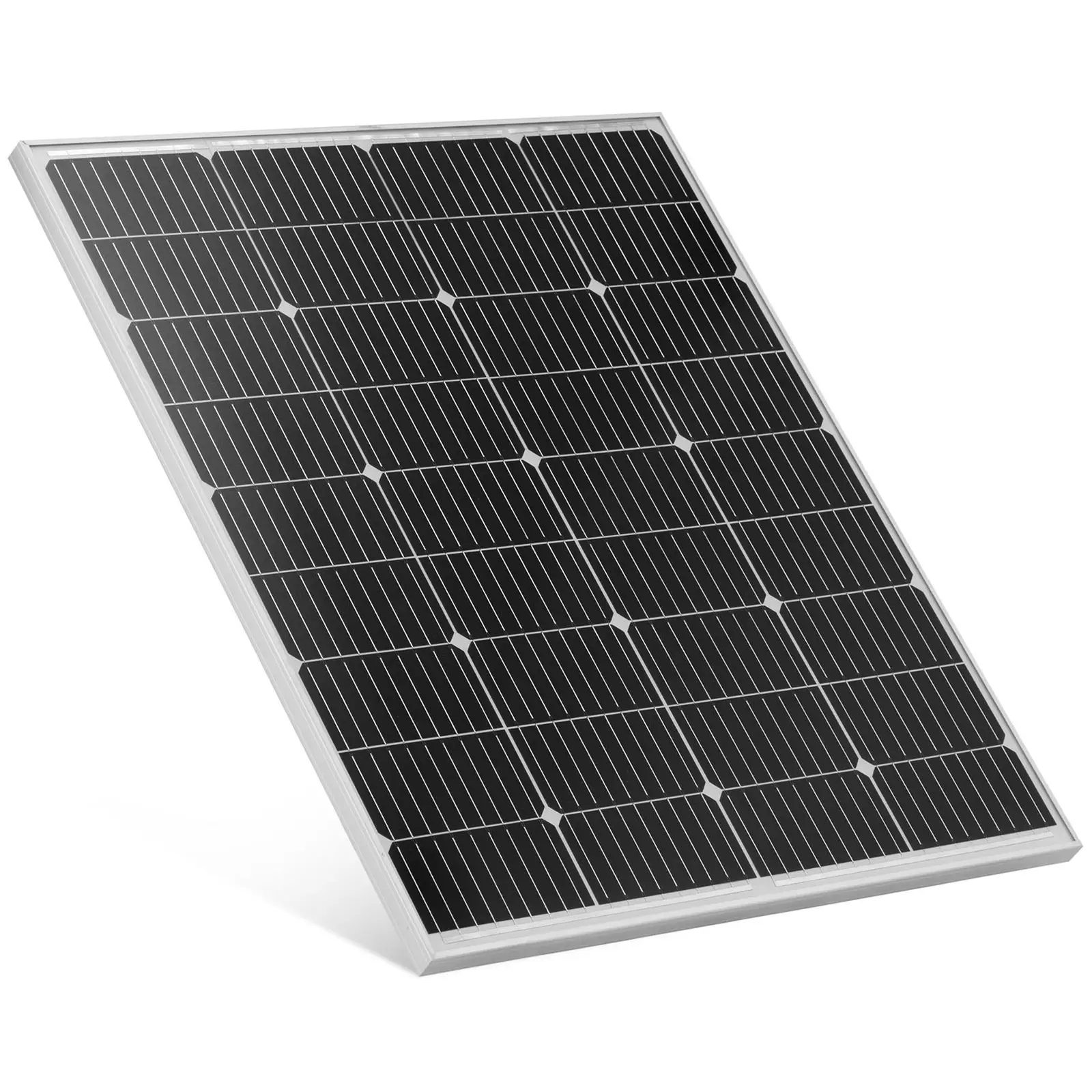
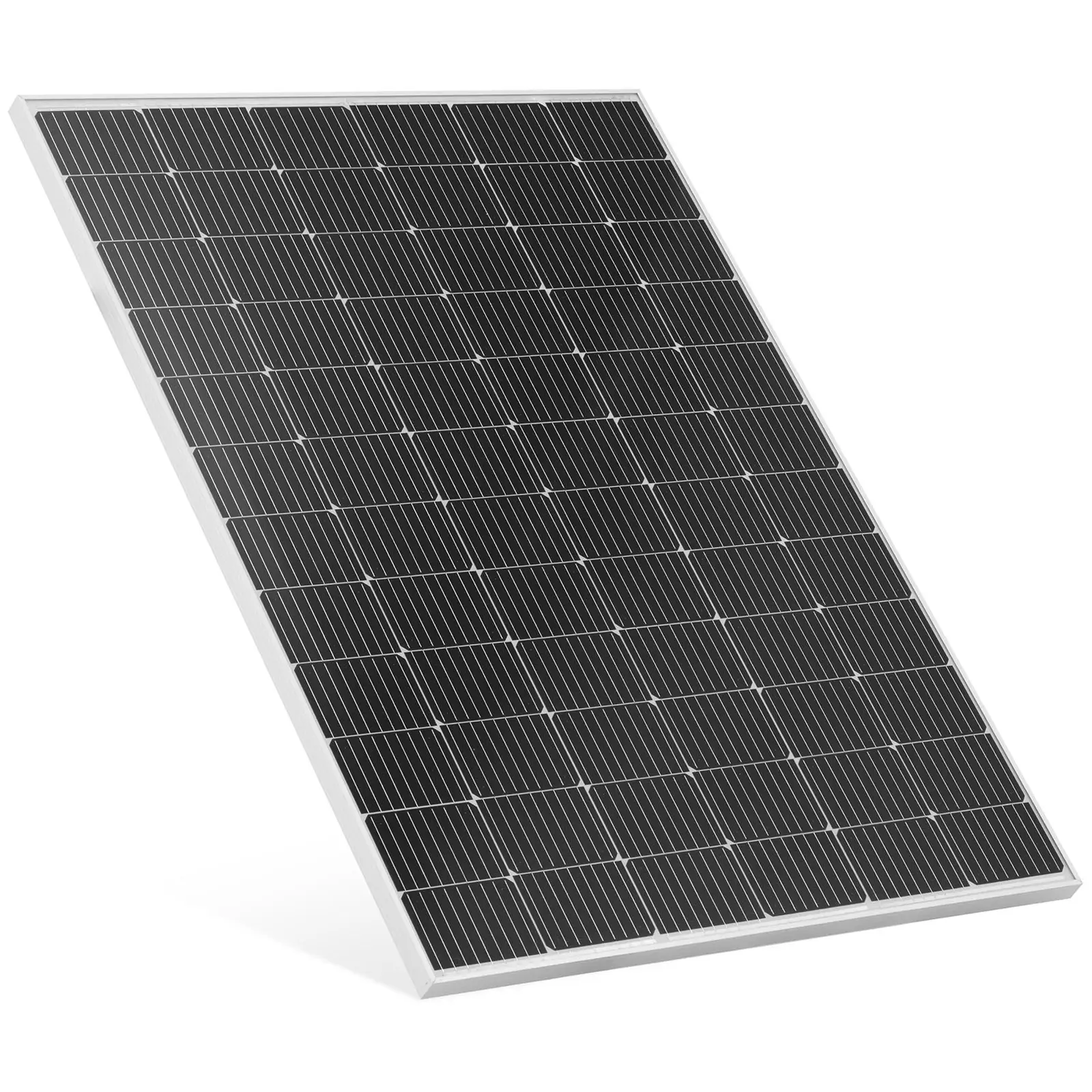
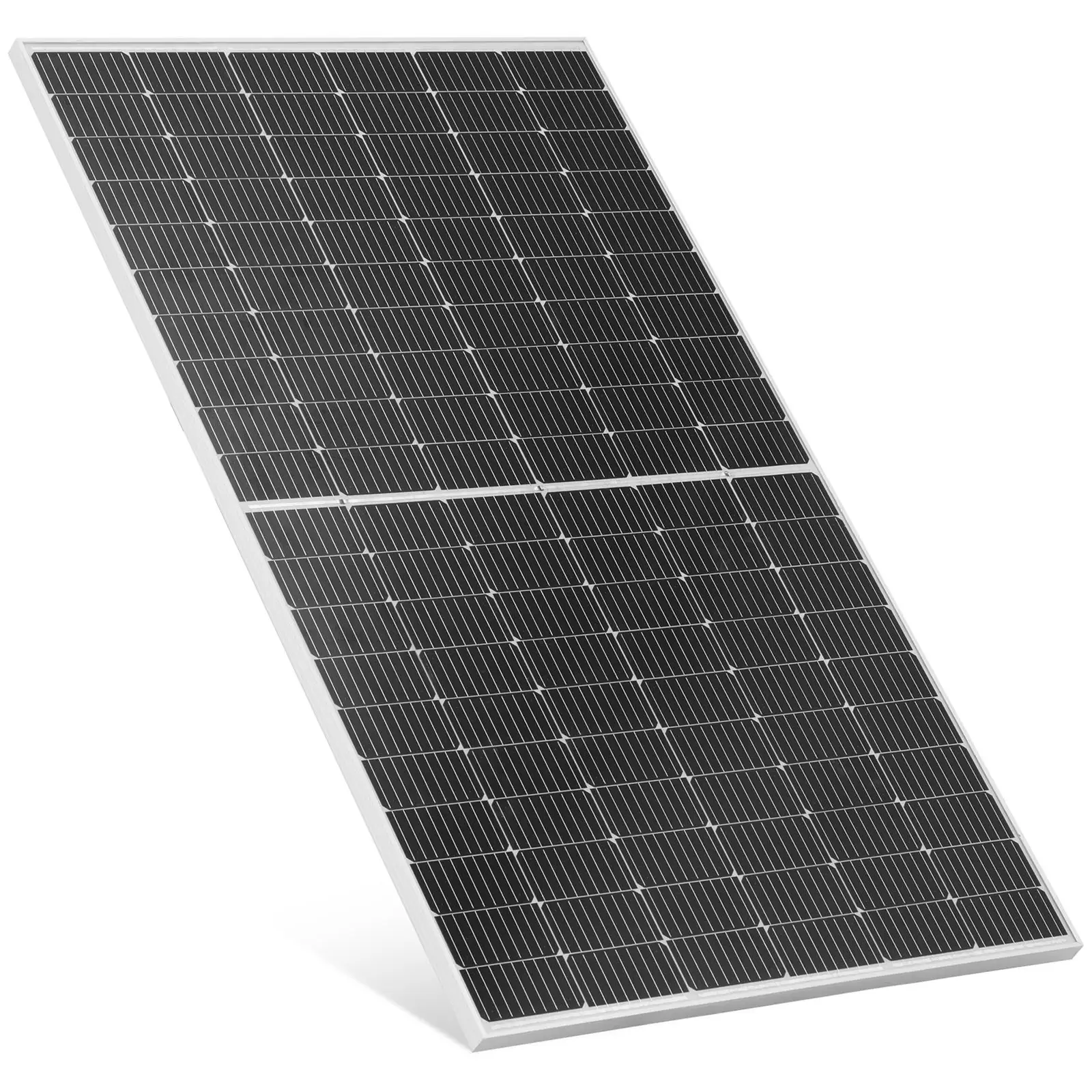

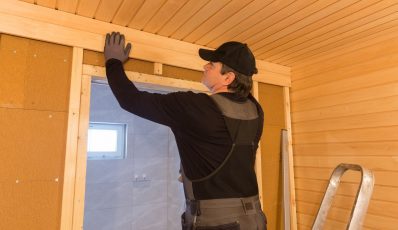
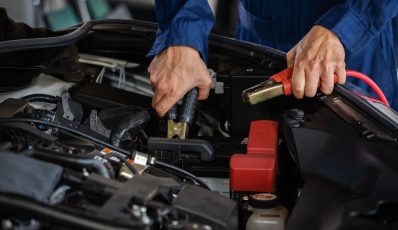



Share